Korea's Cutting-Edge Innovations to Transform Agribusiness in Latin America and the Caribbean

Digital Agribusiness Collaboration Reimagined
Korea's Cutting-Edge Innovations to Transform Agribusiness in Latin America and the Caribbean

Digital Agribusiness Collaboration Reimagined
How to Create Jobs in the Caribbean: From Payment Delays to Payroll Growth

During one of my rotations in the Caribbean, I worked with a furniture maker who won a hotel contract in another country in the region. She delivered to the port on time. The invoice went out. Then nothing. The wire transfer was initiated in week two, the currency conversion in week three, and the compliance checks in week four.
Facing the Storm: How IDB Invest Supports Caribbean Private Sector Resilience

Caribbean Small Island Developing States face persistent vulnerability to extreme weather shocks – a reality underscored in November 2025, when Hurricane Melissa struck. Roofs were torn off, ground floors flooded, and power lines snapped.
Digital Innovation Expands Financing for Women-Led SMEs in Latin America and the Caribbean

In this blog post, we explore three innovative financing models for SMEs that have expanded funding for women-led productive activities: Konfío’s agile lending system in Mexico, Danper’s financial solutions for its suppliers in Peru, and Sicredi’s model in Brazil for small businesses committed to the Amazon biome.
IDB Invest finances and provides technical assistance to these initiatives, which target different socioeconomic contexts and SME categories but share a common goal: to facilitate access and promote financial health.
View more posts
Footer
Blog posts written by Bank employees:
Copyright © Inter-American Development Bank ("IDB"). This work is licensed under a Creative Commons IGO 3.0 Attribution-NonCommercial-NoDerivatives. (CC-IGO 3.0 BY-NC-ND) license and may be reproduced with attribution to the IDB and for any non-commercial purpose. No derivative work is allowed. Any dispute related to the use of the works of the IDB that cannot be settled amicably shall be submitted to arbitration pursuant to the UNCITRAL rules. The use of the IDB's name for any purpose other than for attribution, and the use of IDB's logo shall be subject to a separate written license agreement between the IDB and the user and is not authorized as part of this CC- IGO license. Note that link provided above includes additional terms and conditions of the license.
For blogs written by external parties:
For questions concerning copyright for authors that are not IADB employees please complete the contact form for this blog.
The opinions expressed in this blog are those of the authors and do not necessarily reflect the views of the IDB, its Board of Directors, or the countries they represent.
Attribution: in addition to giving attribution to the respective author and copyright owner, as appropriate, we would appreciate if you could include a link that remits back the IDB Blogs website.
To learn more about cookies, click here

